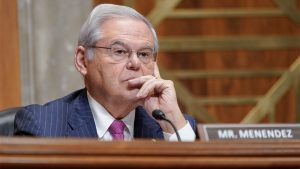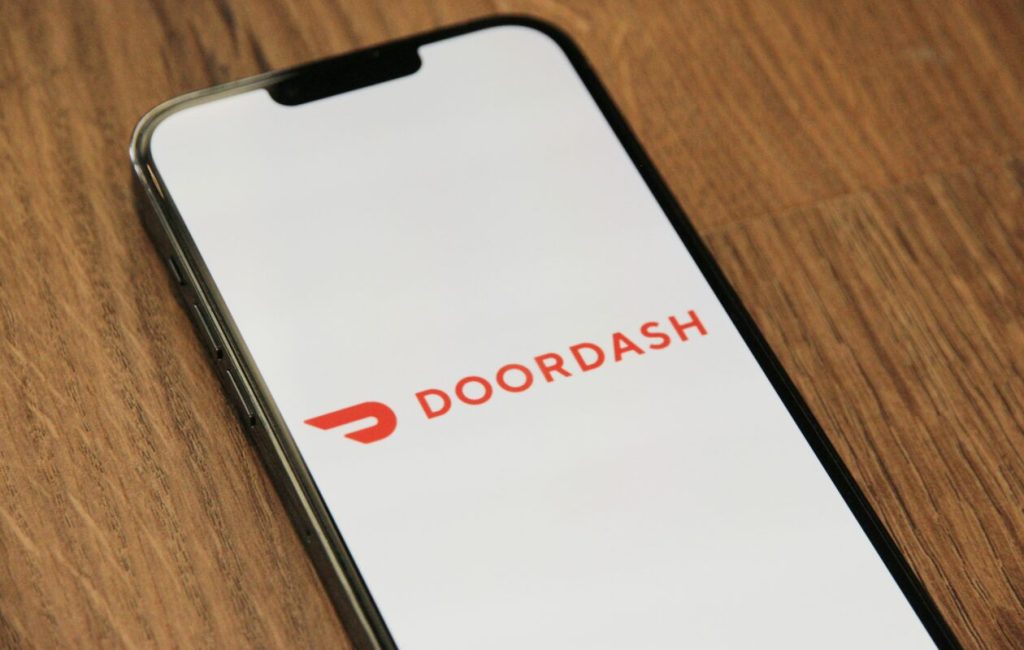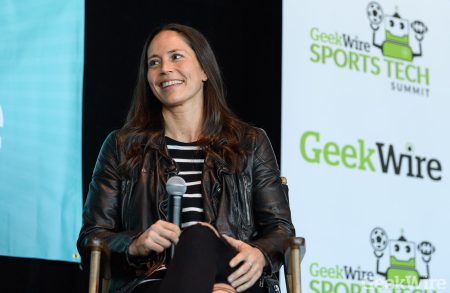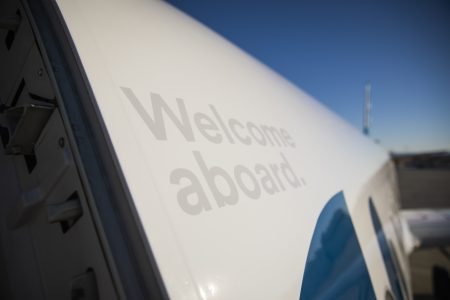DoorDash recently dedicated a significant portion of its first quarter earnings report and a call with analysts to voice its opposition to controversial minimum wage laws for delivery drivers in Seattle and New York City. The company’s comments highlight an ongoing battle between tech giants and supporters of legislation aimed at increasing pay for drivers classified as independent contractors. DoorDash has argued that the regulations are increasing costs to consumers, reducing sales to merchants, and providing less work to fewer people.
Seattle’s law went into effect in January, with DoorDash and Uber responding by adding a $5 fee for every order, which has led to a considerable drop in demand. Both companies have also increased their lobbying efforts in City Hall to try and change the existing regulations. The Seattle City Council is now considering a new proposal that could lower the wage standards set by the law, which was one of the first in the nation to establish minimum pay requirements for delivery drivers.
DoorDash has stated that wait times between orders for drivers in Seattle have more than tripled, and the number of new drivers in New York City has fallen by 20% since the new earnings standards took effect. The company believes that these regulations are having the opposite impact of what they intend to do. DoorDash CEO and co-founder Tony Xu, who has a net worth of $2 billion, expressed concern about the potential for other cities to adopt similar minimum wage policies, stating that most governments want to work with businesses to provide services that contribute to the local economy.
Despite the impact of the new regulations, DoorDash reported record orders and revenue in the first quarter of this year, reaching $2.5 billion in revenue, up 23% year-over-year, with a net loss of $25 million. The company’s stock price fell 15% in after-hours trading following the earnings report but has doubled over the past year. DoorDash is the market leader in food delivery in the U.S., and the current minimum wage law in Seattle requires the company to pay drivers at least $26.40 per hour before tips and pay for mileage, which is well above the city’s $19.97 minimum wage.
A new proposal in Seattle, CB 120775, sets a per-hour minimum wage of $19.97 for “engaged” time, or when making deliveries, and has faced criticism from organizations like Working Washington, which helped pass the original legislation in Seattle. The group argues that the new ordinance would reduce worker pay well below minimum wage due to payroll taxes and personal expenses that drivers must pay for. Seattle and New York City are being watched closely as a testing ground for the impact of labor standards in the growing food delivery market facilitated by tech companies, which offer flexibility and independence but have faced scrutiny for their impact on workers and restaurants.
Seattle passed its minimum wage legislation in 2022, part of several unique “PayUp” laws approved recently in the city. Other related ordinances include regulations on the worker deactivation process and a 10-cent per-order fee approved in November to fund the implementation and enforcement of the “PayUp” laws, as well as a sick leave law for delivery workers enacted the previous year. The outcome of the ongoing battle between tech giants like DoorDash and legislation aimed at increasing pay and protections for delivery drivers will continue to shape the future of the gig economy and labor standards in cities across the country.














